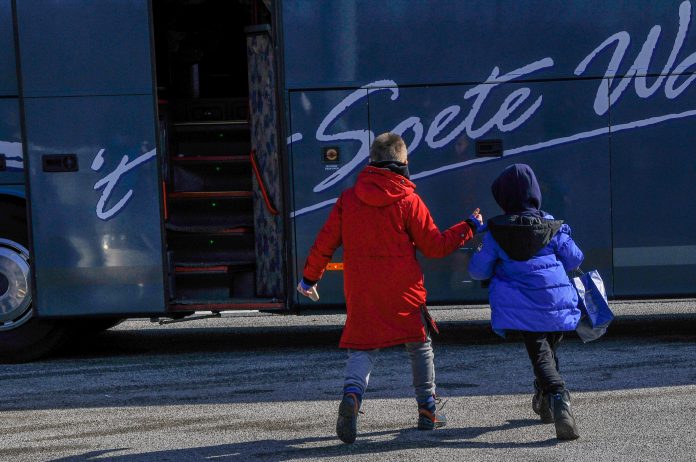by InTrieste
The number of asylum seekers unable to find accommodation in Trieste has nearly doubled in less than a week, raising concerns among local humanitarian organizations about an emerging crisis in migrant reception.
According to reports from several aid groups, including the International Rescue Committee (IRC), the Waldensian Church, the Italian Refugee Council (CIR), and the Institute for the Rights of Migrants (ICS), the count of asylum seekers left without shelter increased from 95 on Thursday, July 31, to 186 by Monday, August 4. These organizations have publicly condemned the situation, describing it as a violation of both human dignity and recent European Union legal standards.
Last month, the European Court of Justice ruled that member states cannot evade their obligation to provide asylum seekers with adequate reception facilities by citing temporary exhaustion of available housing capacity. The aid groups argue that the ongoing conditions in Trieste run counter to this ruling, with many migrants reportedly abandoned on the streets.
Since June, the groups report a slowdown in weekly transfers of asylum seekers to reception centers. Transfers now occur only once a week, with approximately 40 people moved each time, down from an average of 60 previously. Meanwhile, just about 60 migrants have been admitted to dormitory facilities run by these organizations. The main first reception center at Campo Sacro, which has a capacity of 80, remains underutilized. Planned infrastructure improvements, including sewage system work that would allow the center to accommodate up to 160 individuals, have yet to commence.
Giuseppe Petronzi, the newly appointed Prefect of Trieste, is currently reviewing the data, which differ from figures provided by the local police headquarters (Questura). Prefect Petronzi expressed readiness to engage with the aid organizations, emphasizing the importance of formalizing a collaborative approach to manage migration flows and improve reception conditions. “It is our duty to meet with the city’s stakeholders,” he said.
As the summer migration season continues, Trieste faces mounting pressure to address these challenges and ensure compliance with European legal obligations while maintaining public order and humanitarian standards.






























